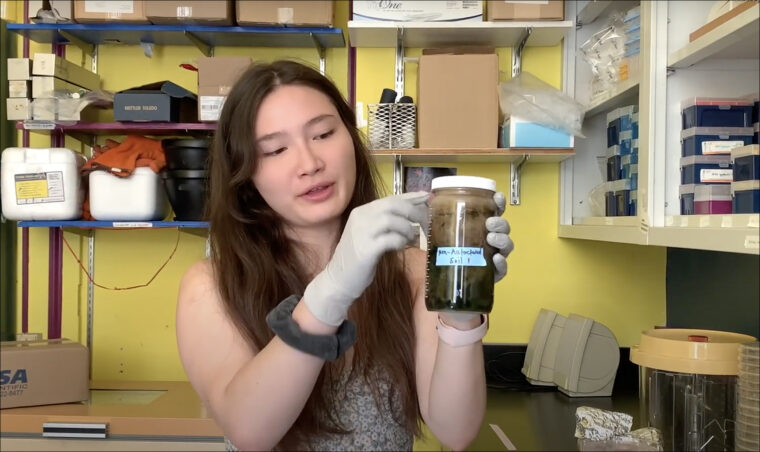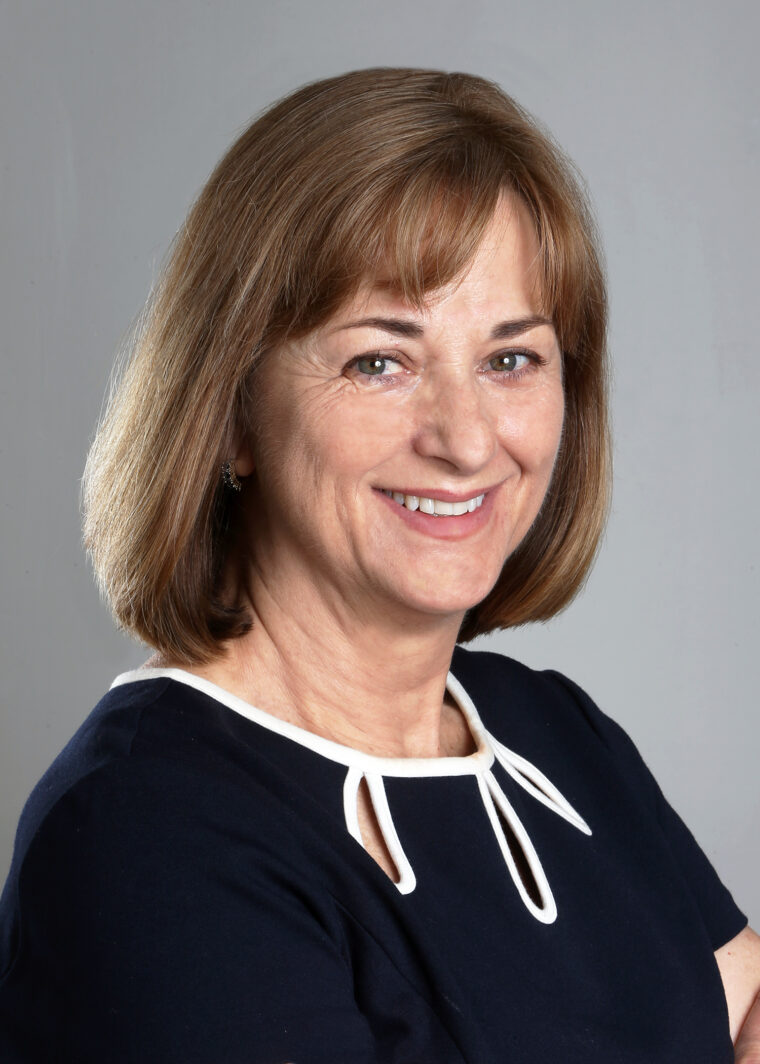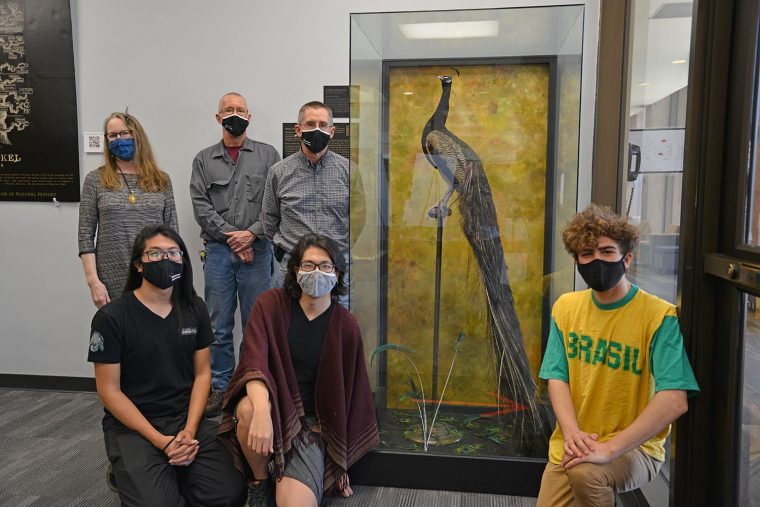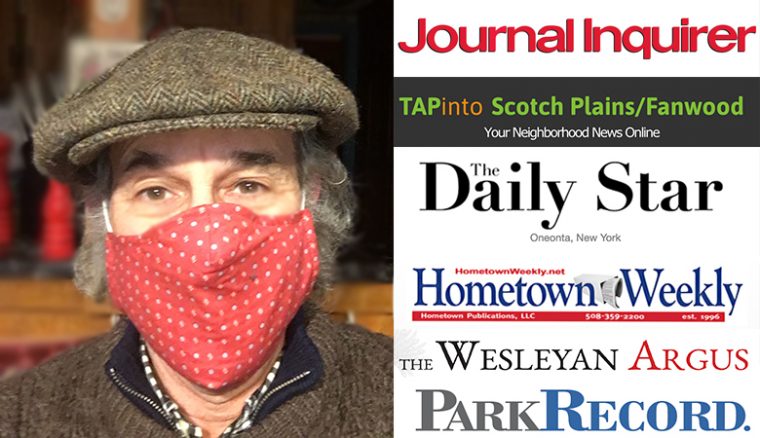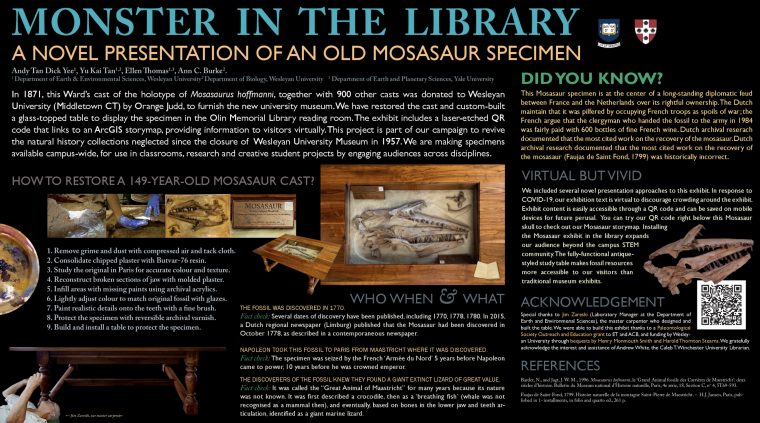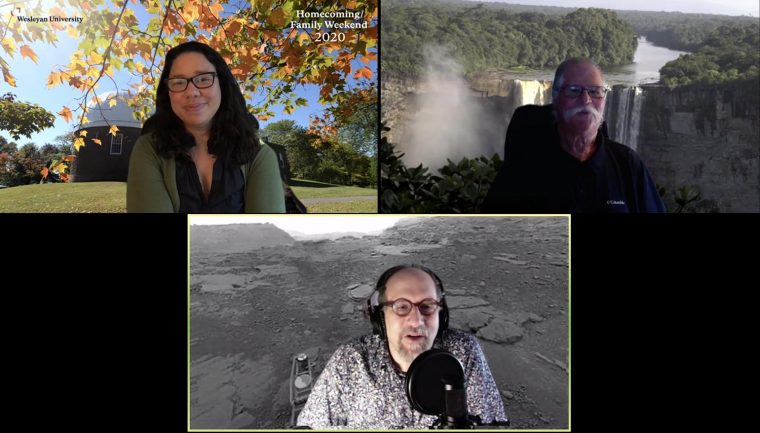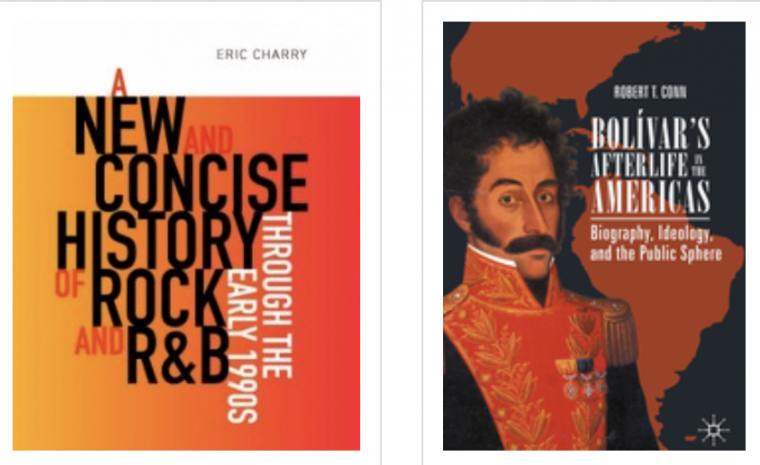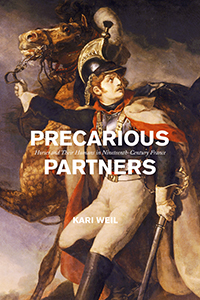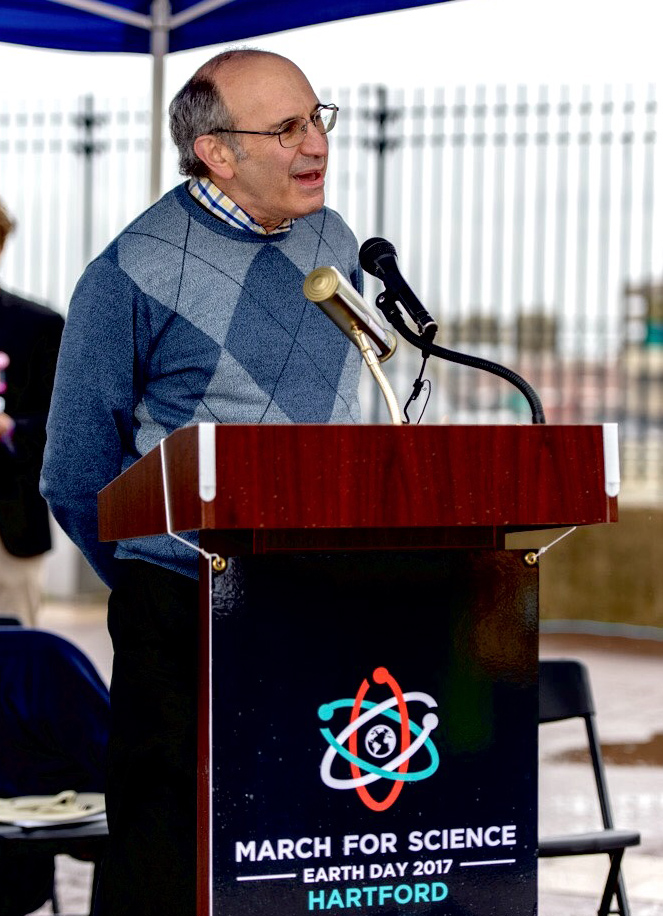A team of researchers at Wesleyan has discovered new strains of bacteria—located on the University's campus—that may have the ability to break down microplastics and aid in the world's ongoing plastic waste crisis. Microplastics, which measure less than .20 of an inch, enter the ecosystem— and our bodies— largely through the abrasion of larger plastic pieces dumped into the environment. According to a study published in the Journal of Environmental Science and Technology, the average person consumes at least 50,000 particles of microplastic a year and inhales a similar quantity. "Plastic is typically classified as a non-biodegradable substance. However, some…
Professor of Biology Sonia Sultan recently co-authored an article titled “Transgenerational effects of parent plant competition on offspring development in contrasting conditions” with BA/MA student Robin Waterman ’20. The article, published in Ecology on Sept. 8, examines the relationship between parent plants and their offspring, especially how competition among such parent plants can alter the next generation. “Conditions during a parent’s lifetime can induce phenotypic changes in offspring, providing a potentially important source of variation in natural populations. Yet to date, biotic factors have seldom been tested as sources of transgenerational effects in plants,” reads an excerpt from the paper’s…
Janice Naegele, Alan M. Dachs Professor of Science, dean of the Natural Sciences and Mathematics Division, and professor of biology, is the co-author of three recent publications. Naegele’s work focuses on stem cells and finding new treatments for epilepsy and brain damage. Naegele’s articles include the following: “Induction of temporal lobe epilepsy in mice with pilocarpine,” published by BioProtocol in February 2020. “Development of electrophysiological and morphological properties of human embryonic stem cell-derived GABAergic interneurons at different times after transplantation into the mouse hippocampus,” published by PLoS One in August 2020. “Optogenetic interrogation of ChR2-expressing GABAergic interneurons after transplantation into…
The entrance to the Science Library in Exley Science Center houses a taxidermied peacock that has been restored by faculty and students in the biology department. The peacock, originally rediscovered in 2018 and put on exhibit in spring 2019, is part of a bird collection that was first displayed at the museum in Judd Hall and now belongs to the Wesleyan Museum of Natural History. The restoration team, which includes Professor of Biology Ann Campbell Burke, Yu Kai Tan BA/MA ’21, Andy Tan ’21, and Fletcher Levy ’23, recently updated the display to include new signage and fresh peacock feathers…
As part of the BIO 173: Global Change and Infectious Disease course, Professor Fred Cohan assigns students to write an essay persuading others to prevent future and mitigate present infectious diseases. If students submit their essay to a news outlet—and it's published—Cohan awards them with extra credit. As a result of this assignment, more than 25 students have had their work published in newspapers across the United States. Many of these essays cite and applaud the University's Keep Wes Safe campaign and its COVID-19 testing protocols. Cohan, professor of biology and Huffington Foundation Professor in the College of the Environment…
Wesleyan students, graduate students, and recent alumni will present research posters during the annual Geological Society of America meeting Oct. 26–30. The virtual event will allow for a five-minute presentation followed by a five-minute period to answer questions. Earth and environmental sciences graduate student Yu Kai Tan '20 and Andy (Dick Yee) Tan '21 will present their poster, titled "Freshwater Mussels in North America: Museum Collections and Pre-Industrial Biogeography," at 5:15 p.m. Oct. 29. Their advisors are Ann Burke, professor of biology, and Ellen Thomas, Harold T. Stearns Professor of Integrative Sciences, Smith Curator of Paleontology of the Joe Webb…
The 18th annual "Where on Earth Are We Going?" Symposium of the Robert F. Schumann Institute of the College of the Environment was held on Oct. 16 and 17 in a virtual format as part of Homecoming and Family Weekend events. (more…)
As organisms evolve over time, changes in size—both miniaturization and gigantism—are a major theme. In fish, which are the specialty of Barry Chernoff, the Robert Schumann Professor of Environmental Studies, Professor of Biology and of Earth & Environmental Sciences, miniaturization happens in many lineages, though it’s not very common. Evolutionary biology has long held that this miniaturization is often accompanied by developmental simplification or paedomorphisis (becoming sexually mature while appearing juvenile-like). Last March, just before the pandemic began, Chernoff and students in his Tropical Ecology course (ENVS/Bio/E&ES 306) took a trip to the University of Michigan in Ann Arbor, Mich.,…
Images depicting star collisions, atom movement in yeast ribosomes, and herbaceous plant root scans were the winning entries of the 2020 Wesleyan Scientific Imaging Contest. The Wesleyan Scientific Imaging Contest, held annually in August, recognizes student-submitted images—from experiments or simulations done with a Wesleyan faculty member—that are scientifically intriguing, as well as aesthetically pleasing. The contest is organized by the College of Integrative Sciences as part of the summer research program. The winners included Osama Elgabori '22, Carol Dalgarno '21, and Jolie Villegas '21. Elgabori's advisor is Brian Stewart, professor of physics; Dalgarno's advisor is Michael Weir, professor of biology;…
Several faculty have recently authored or co-authored books, book chapters, and articles that appear in prestigious academic journals. BOOKS AND BOOK CHAPTERS Eric Charry, professor of music, is the author of A New and Concise History of Rock and R&B through the Early 1990s (Wesleyan University Press, 2020). Robert "Bo" Conn, professor of Spanish, is the author of Bolívar’s Afterlife in the Americas: Biography, Ideology, and the Public Sphere (Palgrave Macmillan, 2020). Anthony Ryan Hatch, associate professor of science in society, is the author of three book chapters: “The Artificial Pancreas in Cyborg Bodies,” published in The Oxford Handbook of…
Several faculty have recently authored or co-authored books, book chapters, and articles that appear in prestigious academic journals. BOOKS AND BOOK CHAPTERS Joslyn Barnhart, assistant professor of government, is the author of The Consequences of Humiliation: Anger and Status in World Politics (Cornell University Press, 2020). Susanne Fusso, Marcus L. Taft Professor of Modern Languages, is the translator of The Nose and Other Stories by Nikolai Gogol (Columbia University Press, 2020). Ruth Johnson, associate professor of biology, is the author of a book chapter titled "Adhesion and the Cytoskeleton in the Drosophila Pupal Eye," published in the book Molecular Genetics…
Frederick Cohan, the Huffington Foundation Professor in the College of the Environment, professor of biology, is a microbial ecologist whose course “Global Change and Infectious Disease” examines how human disturbance of the environment contributes to infectious disease outbreaks. He also researches the origins of diversity among both bacteria and viruses. In early February, as the novel coronavirus was beginning to spread, Cohan wrote an article in The Conversation, co-authored with PhD candidate Kathleen Sagarin and Kelly Mei ’20, titled, “A Clue to Stopping Coronavirus: Knowing How Viruses Adapt From Animals to Humans.” Cohan also was interviewed recently by The Wesleyan…


